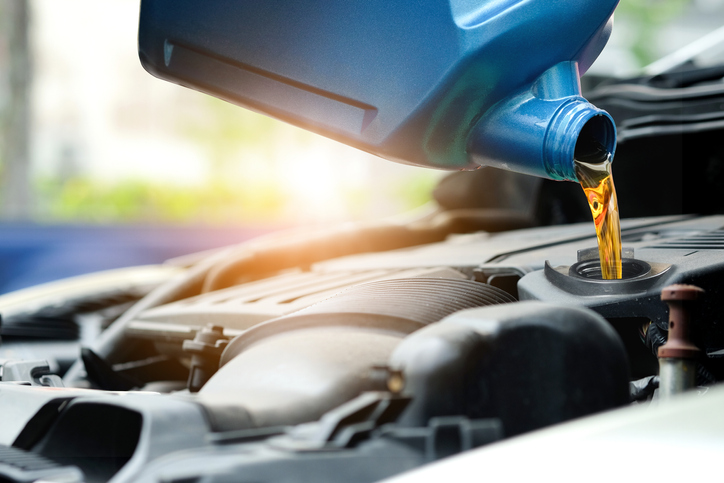
As an automotive diesel mechanic, you’ll specialize in working on diesel-powered engines. Diesel engines are commonly found in trucks and cars that play a role in the transportation and trucking industry. With great mileage, high rates of thermal efficiency, and versatility in fuels, diesel engines are an increasingly popular choice in vehicles.
Working on a diesel engine presents a different set of challenges to automotive professionals. Qualified mechanics not only need to understand the general construction of diesel engines but also how to handle the fuel used by diesel engines. Professional diesel mechanics should be trained in safe work habits, maintaining a proper work environment, and paying close attention to potential hazards. Read on to discover the best safety practices for diesel mechanics.
Remember to Diligently Prepare Your Environment
When you begin your professional career after mechanic college, it’s important to pay attention to your surroundings and take the time to ensure your work environment is in order. Before you begin work on the engine, the vehicle should be in neutral gear with the hand brake applied. As diesel engines tend to be used in larger vehicles, the engine should be properly supported before loosening any bolts. If possible, it’s worth loosening tight fastenings before removing the engine from its mountings so as to minimize the time spent working on the engine in difficult positions. As big diesel engines run hot in heavy trucks, you should never run the engine without the exhaust system heat shields in place. These will protect the interior of the car and ensure the comfort of passengers.

Take Care When Working with Fluids After Mechanic College
One of the biggest hazards that diesel engines present is exposure to liquid fuel. Those in automotive training should take particular care when working with hot fluids, such as oil and coolant. Before starting work, diesel mechanics should allow these fluids to cool to prevent burns and scalding. Avoid exposing your skin to contact with diesel fuel, cooling agents, or solvents. With prolonged exposure, diesel fuel can absorb into the skin and enter the bloodstream, causing the skin to become inflamed or blistered.
Beyond personal protective measures, engine fluids also pose an environmental hazard. To avoid contamination, engine fluids should never be poured down the drain. Instead, used oil should be taken to a designated oil recycling bank. Being conscious of your surroundings is a highly valuable skill in becoming a responsible and dependable diesel mechanic.

Dress Appropriately for Automotive Work
A diesel mechanic’s work clothing should be both durable and comfortable. Diesel mechanics are required to operate a number of industry-grade tools and equipment, including lathes, grinders, welding torches, and power tools. Wearing the proper protective gear when operating this equipment is important for reducing hazards. Protective items like gloves, goggles, and flame-resistant coveralls are advised. When working on a diesel engine, parts are often greasy, slippery, or hot to the touch. Gloves can help mechanics get a secure grasp on engine parts and protect their skin from burns. It’s important to remove all jewelry and to keep hair and loose clothing away from moving parts. To further minimize hazards, remember to never lean over a running engine in your work. By following proper safety practices, you can perform your work efficiently and carefully.
Are you ready to enroll in auto mechanic college?
Contact CATI for more information on our programs!
